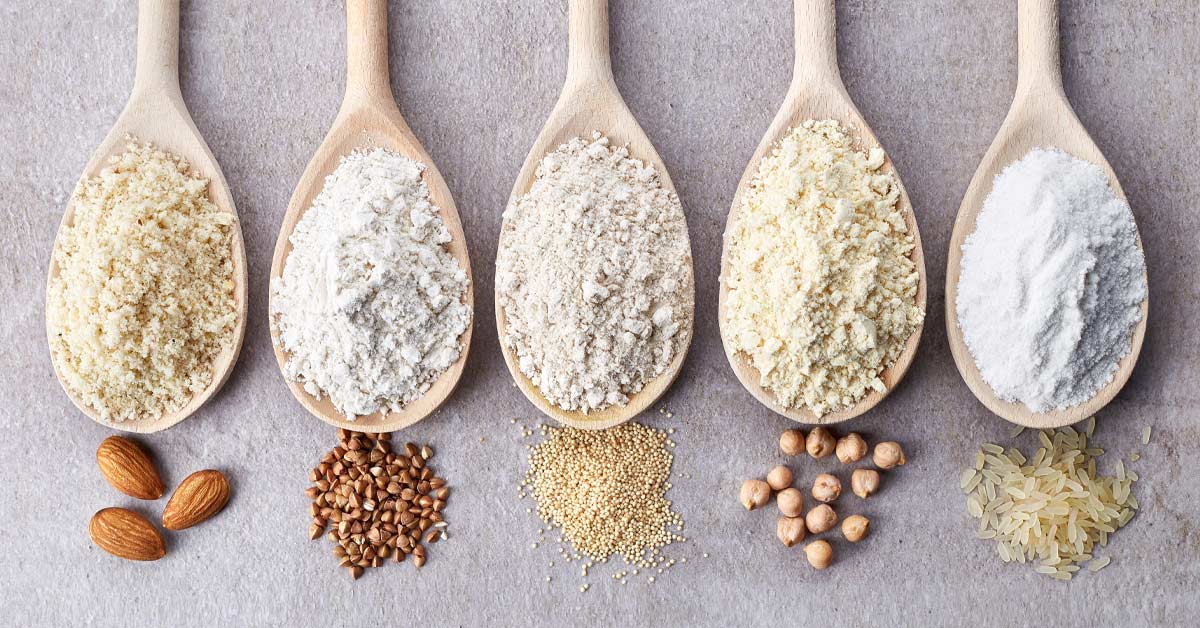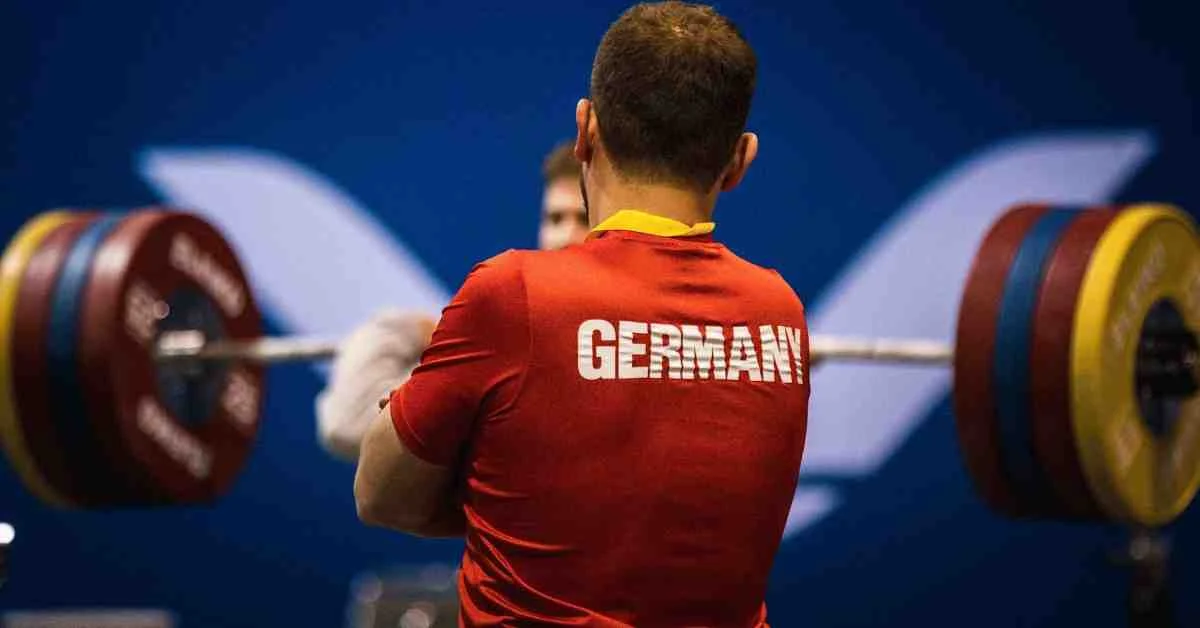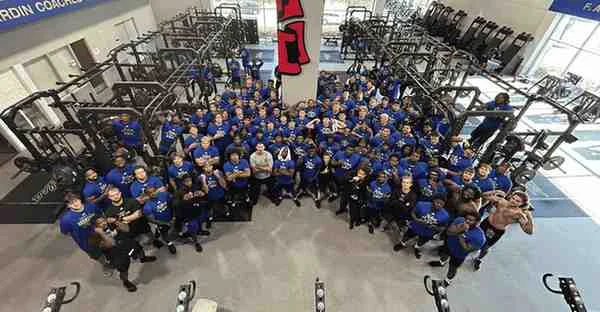
Gluten-free diets are becoming increasingly popular, with sales of gluten-free foods reaching over $4 billion and growing in the United States alone. Many people attribute various symptoms to gluten including fatigue, bloating, and a general lack of energy. As always, athletes are quick to jump on any new trend, and gluten-free diets are no different.
Perhaps most famous among these athletes is Novak Djokovic, who quite often attributes his mid-career resurgence to avoiding gluten (and, of course, has a gluten-free book available). In fact, a 2015 questionnaire-based study shows that more than 40% of high-level athletes follow a gluten-free diet more than half the time. If so many athletes follow a gluten-free diet, should you? And, if you do, will it improve your performance?
Gluten and Celiac Disease
First let’s understand a little bit about the purported villain. Gluten is a protein found in wheat products and gives dough its chewy texture. Gluten is well-established as a trigger for celiac disease, which is an autoimmune disorder that affects the small intestine.
When people with celiac disease consume gluten, they have an abnormal immune response that causes an inflammatory reaction. Repeated exposures can lead to a wasting of the microvilli–small, finger-like structures in the small intestine that serves to increase its surface area, making absorption easier. When the immune response is triggered, people with celiac disease can experience such symptoms as diarrhea and bloating as well as malabsorption of nutrients. None of these are ideal for athletes.
While these symptoms sound scary, we’ve all likely suffered them in the past. Fortunately, celiac disease is somewhat rare. The vast majority of people with the disease have a genetic predisposition to it, specifically around a set of HLA genes. These genes play a role in immune function by enabling the body to distinguish self from non-self cells. Having these genes doesn’t mean you will get celiac disease. Indeed, the vast majority of people with the risk genetic variants never develop celiac disease. In total, about 1% of people develop celiac disease, although that differs across countries and ethnic groups.
The only treatment for celiac disease is a gluten-free diet, and those who suffer from it do need to avoid gluten. There’s another condition known as non-celiac gluten sensitivity (NCGS), which isn’t celiac disease but is a sensitivity to gluten. Approximately 10% of people have NCGS, although it’s quite a new diagnosis and is somewhat less well understood.
Gluten and High-Level Athletes
If 10% of people have celiac disease or NCGS, why do more than 40% of high-level athletes follow a gluten-free diet most of the time? According to the 2015 questionnaire-based study, those who reported following a predominately gluten-free diet did so based on a self-diagnosed gluten sensitivity (which is worrying) or no symptoms at all.
Ten percent of the athletes did have a clinically diagnosed gluten sensitivity, which is well within the normal range for a population. Almost as many had coaches, trainers, or a naturopathic doctor who recommended the gluten-free diet. Only 0.5%, or two people in the entire 910 subject sample, had a gluten-free diet prescribed by a nutritionist or dietician.
The sources of information about gluten and gluten-free diets is also concerning.
- Of the gluten-free athletes, 29% said their main source of information was the internet, closely followed by their coach (26%) and other athletes (17%).
- Only 15% of the gluten-free athletes said that their main source of information was either a dietician or a medical professional, the most appropriate professionals to make recommendations regarding a gluten-free diet.
Gluten and Athletic Performance
Because of how trendy and popular this diet has become, many athletes avoid gluten even though they don’t have any symptoms because they believe it will improve performance.
But will it? That’s what a study published in 2015 attempted to explore. Researchers put 13 endurance cyclists with no clinical history of celiac disease through a blind trial where the athletes consumed a diet either with or without gluten for seven days. They didn’t know which diet they were on because the gluten was included in a bar that had a gluten-free counterpart. After following each diet for seven days, the cyclists underwent a time-trial cycle test.
There was no difference in performance among the athletes consuming the gluten-free and gluten-containing diets. There was also no difference in their subjective feelings of well-being or on markers of inflammation. Simply put, for athletes who do not have gluten sensitivity, a gluten-free diet has no impact on performance.
For athletes who do not have #gluten sensitivity, a gluten-free diet has no impact on performance, says @craig100m. Share on XHow Does a Gluten-Free Diet Affect Athlete Nutrition
Gluten likely doesn’t have a positive effect on exercise performance, meaning we don’t need it to perform at our best. But because gluten is prevalent in foods, researchers are concerned that following a gluten-free diet may lead to nutritional inadequacy; it requires eliminating foods that contain nutrients that athletes need.
An obvious example is carbohydrates, many of which (bread, pasta, etc.) contain gluten. Athletes typically need more carbohydrates to support their training, and following a gluten-free diet may prevent them from meeting this requirement. Gluten-free diets can also be expensive, with some estimates putting the increased cost at 2.5 times that of a balanced diet containing gluten.
This isn’t to say that a gluten-free diet is always bad. Returning to the questionnaire study, 80% of the athletes who followed a gluten-free diet reported improved gastrointestinal symptoms, indicating they experienced some positive effects from eating non-gluten foods.
Of course, the true effects of gluten are hard to tease out. Only 10% of people should show sensitivity to gluten, and far more athletes self-report symptoms of gluten sensitivity that are resolved when following a gluten-free diet.
Prolonged #endurance exercise causes gastrointestinal distress in up to 90% of athletes, says @craig100m. Share on XIt’s important to point out that a large number of the gluten-free athletes (70%) in this study participated in endurance sports. Prolonged endurance exercise causes gastrointestinal distress, affecting up to 90% of athletes. Of course, a combination of factors can cause this gastrointestinal distress, including a reduction in blood flow to the gastrointestinal tract and consumption of very high carbohydrate sports drinks.
From a dietary perspective, FODMAPs (fermentable oligosaccharides, disaccharides, monosaccharides, and polyols) are linked to gastrointestinal distress, and reducing these foods can reduce symptoms of irritable bowel syndrome and non-celiac gluten sensitivity. Indeed, endurance athletes suffer far fewer symptoms of gastrointestinal distress on a low FODMAP diet when compared to a high FODMAP one, as shown by more recent research by Dana Lis, author of many of the papers explored in this article.
A targeted reduction in FODMAPs, as opposed to gluten, may be a better approach for athletes who self-diagnose gluten sensitivity. They should still work with a doctor and a dietician to explore all the potential causes, just in case they do have celiac disease.
Reducing #FODMAPS rather than #gluten may help athletes who self-diagnose gluten sensitivity, says @craig100m. Share on XOf course, like a gluten-free diet, a low FODMAP diet also has the potential to be nutritionally inadequate, which is why it should be undertaken under supervision by a dietician or nutritionist. Fortunately people can reintroduce many FODMAP foods until they identify the ones causing the most distress. Athletes also have the option to periodize the low FODMAP diet around races or more intense training sessions, where they reduce FODMAP intake to minimize their symptoms and follow a more standard diet outside this time.
How to Decide If a Gluten-Free Diet is Appropriate
So where does this leave athletes considering a gluten-free diet? If they’re considering the diet because they’ve heard that it enhances performance, the research suggests it does not. If they’re considering the diet because they have gastrointestinal symptoms, it’s worth exploring under medical supervision where they can be screened for celiac disease.
If gluten sensitivity is ruled out, other foods components may be causing the gastrointestinal distress. The most common culprits are FODMAPs. Again, exploring this should take place under the supervision of a dietician. Finally, an athlete may consume low FODMAP foods around competitions and important training sessions, where gastrointestinal distress is more likely, and then follow a more standardized diet at other times.
If an athlete has no symptoms of gluten sensitivity, like most people, there’s no reason to follow a gluten-free diet. As Dana Lis’ research shows, too many athletes and coaches are self-diagnosing gluten sensitivities. This may lead to inadequate nutrition or might hide the symptoms of other gastrointestinal issues that should be addressed.





